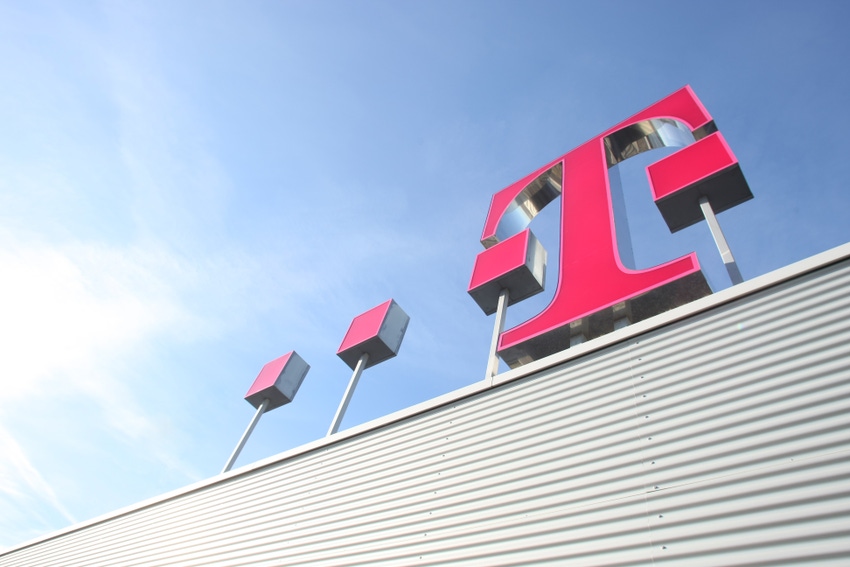Deutsche Telekom has revealed more of its ambitious plans to create an alliance of international telecoms partners.
February 25, 2016

Deutsche Telekom has revealed more of its ambitious plans to create an alliance of international telecoms partners.
Earlier this week Telecoms.com reported how Deutsche Telekom and SK Telecom are to collaborate on IoT developments and pursue joint research and development of 5G after forming the Next Generation Enterprise Network Alliance (ngena). Their stated objective is to create international network services for enterprise customers.
During Mobile World Congress, more details have emerged of the extent of the ngena initiative, with new players added to the alliance. It now includes operators from the US, India and South Korea with Cisco as its main technology partner.
Deutsche Telekom’s Tim Hoettges is understood to have ambitions to sign up two other major telcos and is about to make an offer to BT to join the alliance.
According to ngena, telecoms operators are struggling to cater for the increasingly complicated connectivity and services needed by the expanding numbers of global enterprises. The solution, according to ngena, is a co-operative agreement between select global telecoms operators and service providers who can broker multiple deals with their peer operators in regions.
The new ngena system would be akin to a cloud service for telecoms operators, according to Hoettges. The arrangement would allow service provider and carriers in the alliance to become global, which would give them a massive advantage over their competitors. Ngena will act as a wholesale entity, providing connectivity and services to the partners, slashing the time to market, cutting cost and providing greater security for enterprise customers. Though ngena is to be independent it is backed by Deutsche Telekom Capital Partners, which owns 49%.
According to reports in Bloomberg, Deutsche Telekom CEO Hoettges has warned BT that Europe needs fewer, bigger telecommunications carriers.
About the Author(s)
You May Also Like








.png?width=300&auto=webp&quality=80&disable=upscale)


_1.jpg?width=300&auto=webp&quality=80&disable=upscale)


.png?width=800&auto=webp&quality=80&disable=upscale)